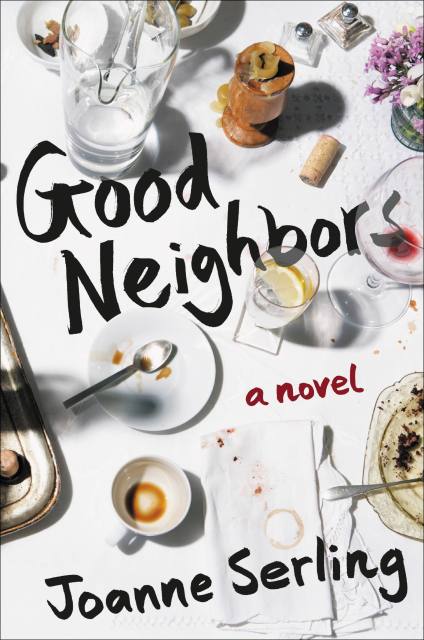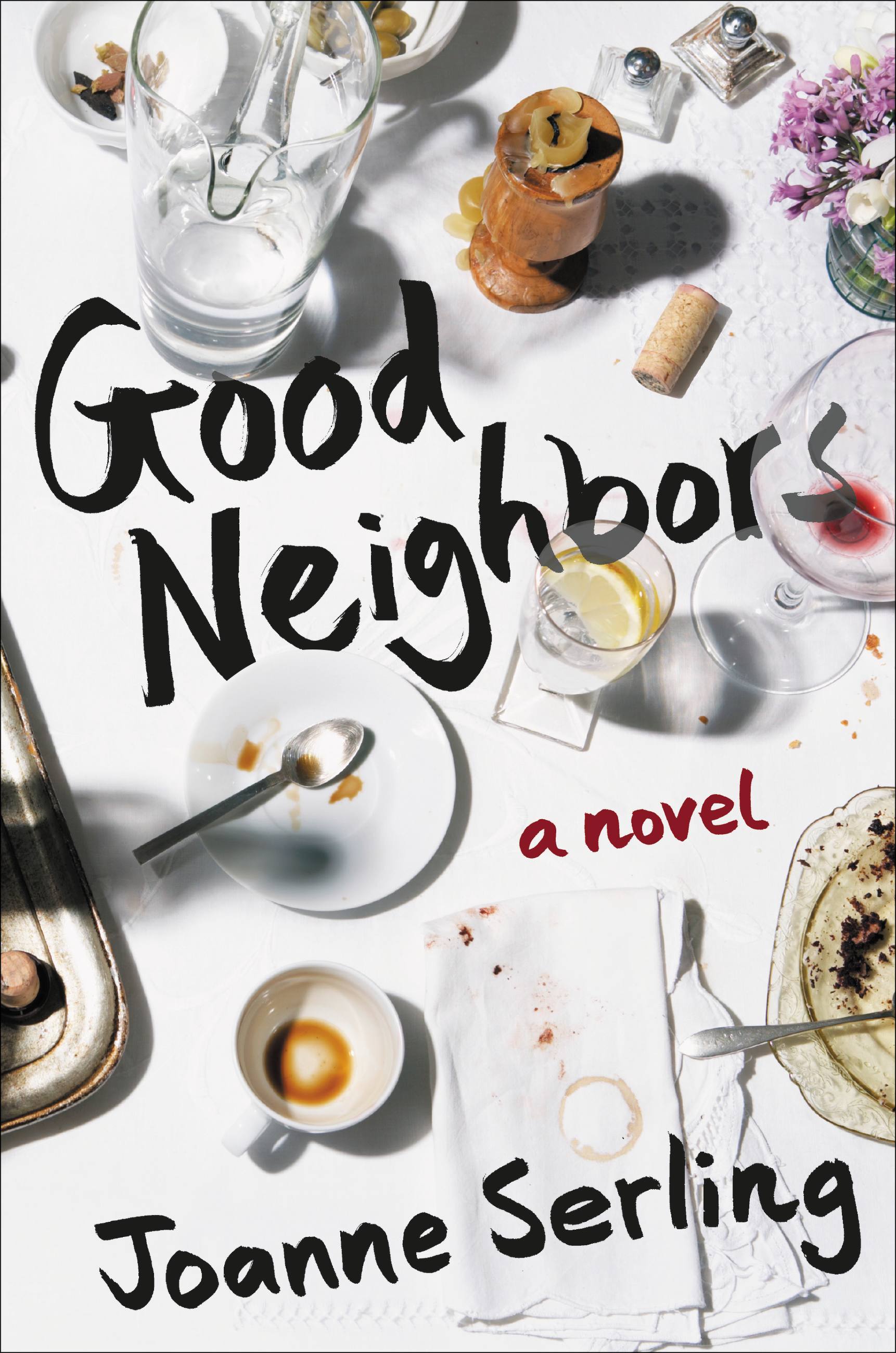By clicking “Accept,” you agree to the use of cookies and similar technologies on your device as set forth in our Cookie Policy and our Privacy Policy. Please note that certain cookies are essential for this website to function properly and do not require user consent to be deployed.
Good Neighbors
A Novel
Contributors
Formats and Prices
- On Sale
- Feb 6, 2018
- Page Count
- 256 pages
- Publisher
- Twelve
- ISBN-13
- 9781455541898
Price
$13.99Price
$17.99 CADFormat
Format:
- ebook $13.99 $17.99 CAD
- Hardcover $26.00 $34.00 CAD
- Audiobook Download (Unabridged) $24.99
This item is a preorder. Your payment method will be charged immediately, and the product is expected to ship on or around February 6, 2018. This date is subject to change due to shipping delays beyond our control.
Buy from Other Retailers:
A searing portrait of suburbia, friendship, and family strained by a devotion to false appearances.
In an idyllic suburb, four young families quickly form a neighborhood clique, their friendships based on little more than the ages of their children and a shared sense of camaraderie. When one of the couples, Paige and Gene Edwards, adopt a four-year-old girl from Russia, the group’s loyalty and morality is soon called into question. Are the Edwards unkind to their new daughter? Or is she a difficult child with hidden destructive tendencies?
As the seams of the group friendship slowly unravel, neighbor Nicole Westerhof finds herself drawn further into the life of the adopted girl, forcing Nicole to re-examine the deceptive nature of her own family ties, and her complicity in the events unfolding around her.
In an idyllic suburb, four young families quickly form a neighborhood clique, their friendships based on little more than the ages of their children and a shared sense of camaraderie. When one of the couples, Paige and Gene Edwards, adopt a four-year-old girl from Russia, the group’s loyalty and morality is soon called into question. Are the Edwards unkind to their new daughter? Or is she a difficult child with hidden destructive tendencies?
As the seams of the group friendship slowly unravel, neighbor Nicole Westerhof finds herself drawn further into the life of the adopted girl, forcing Nicole to re-examine the deceptive nature of her own family ties, and her complicity in the events unfolding around her.
-
"I haven't been captivated by a story like this in so long. The tension, the complexity, the obsession over status; how one hopes to be seen by others versus how one fears one is seen...GOOD NEIGHBORS is a stunning, shocking, entertaining, and thought-provoking look at humanity. I want everyone to read this book."p.p1 {margin: 0.0px 0.0px 0.0px 0.0px; text-align: center; font: 12.0px Arial}Julia Fierro, author of The Gypsy Moth Mother and Cutting Teeth
-
"Riveting...GOOD NEIGHBORS exposes the dark underbelly of seemingly perfect families and friendships in this compulsively paced suburban thriller."p.p1 {margin: 0.0px 0.0px 0.0px 0.0px; text-align: center; font: 12.0px Arial}Bethany Ball, author of What To Do About The Solomons
-
"GOOD NEIGHBORS is a novel for everyone who's ever wondered what's really behind the smiling cohesion of other people's holiday cards and Facebook posts. Perhaps its highest achievement is to make us laugh, think, and tremble at the same time."p.p1 {margin: 0.0px 0.0px 0.0px 0.0px; text-align: center; font: 12.0px Arial}Pamela Erens, author of Eleven Hours, The Virgins and The Understory
-
"[An] ice-pick of a debut novel...elegant but savage...GOOD NEIGHBORS is first-rate suburbs-fiction. A steely writing performance, the kind that will leave readers watchful for another novel from this author."Open Letters Review
-
"While many novels have tackled the subject of suburban secrets and unease, [GOOD NEIGHBORS] excels in particular at exploring the bonds among families. "Publishers Weekly
-
"[Serling] writes with verve and frequent insight... A spicy stew of suburban discontent."Kirkus
Newsletter Signup
By clicking ‘Sign Up,’ I acknowledge that I have read and agree to Hachette Book Group’s Privacy Policy and Terms of Use







